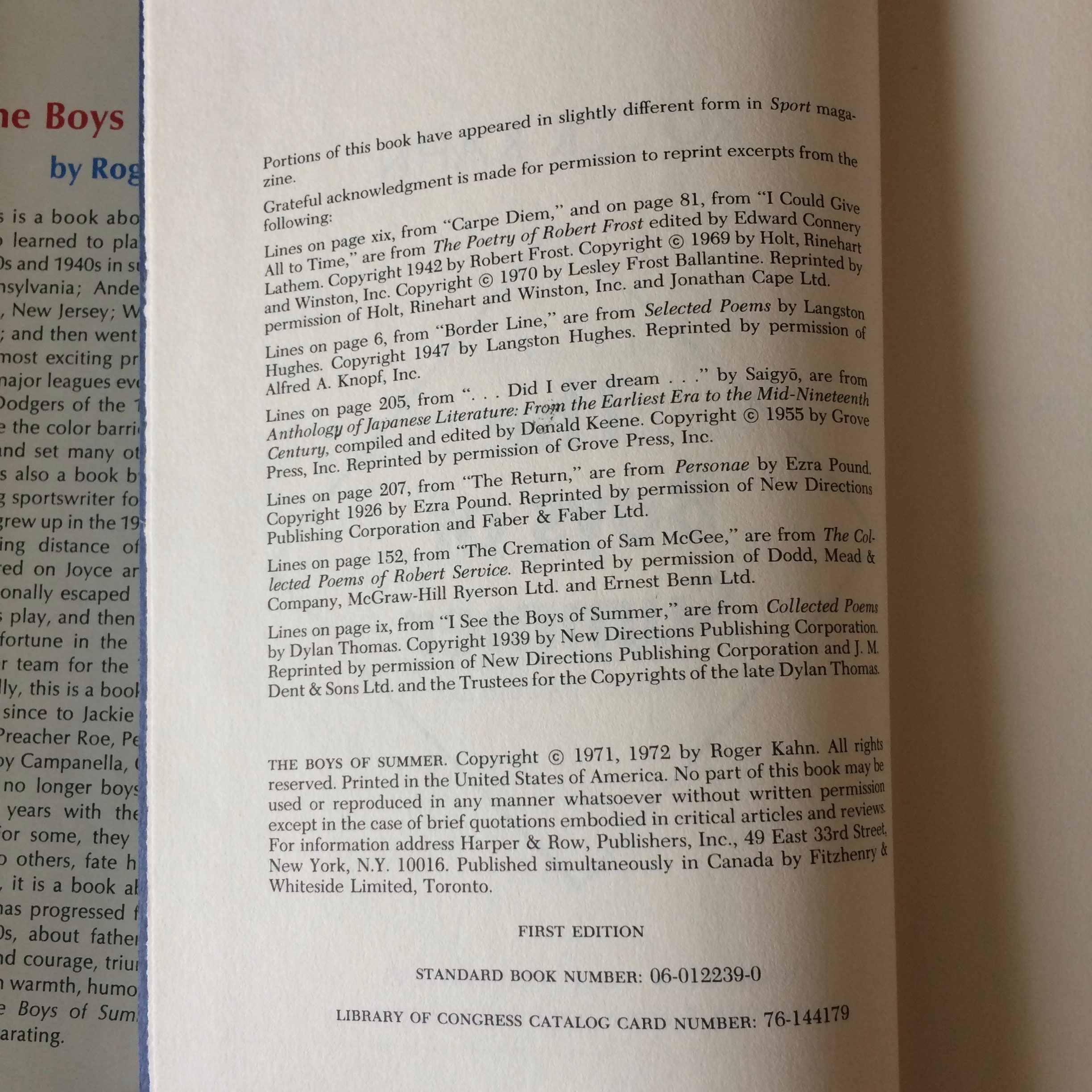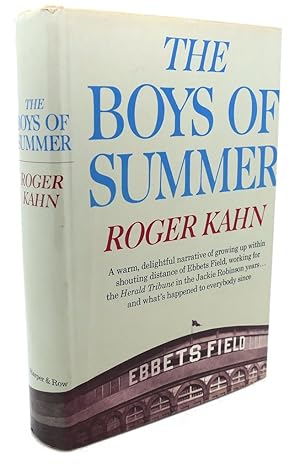



“It was pretty bumpy, and were sitting next to each other. “It was still the early days of airplane travel for teams, and we were on one of those piston planes, flying over Pittsburgh on the way from Cincinnati back to New York,” Erskine recalled. “I turned 93 in December and for a lot of us who played with Brooklyn then and were in that book, I wouldn’t say it gave us eternal life, but it certainly enhanced our careers,” Erskine told the AP from his home in Anderson, Indiana.Įrskine said he and Kahn bonded over their love for poetry. It was only right that in all their years they wound up winning only one World Series and then left.”Īmong those featured in the book was Carl Erskine, a star pitcher for those Dodgers. “Every year in Brooklyn it was wait till next year. Scully said Kahn singularly distilled the essence of what it was like to be a Brooklyn player and fan of the team. “The feeling in Brooklyn was always us against the world - the world would be the lordly pinstripers in the Bronx and almost lordly Giants in Manhattan.”

Roger captured that familial spirit of the players in those days,” Scully told The Associated Press on Friday. “You couldn’t travel with them without getting emotionally involved. Retired Dodgers broadcasting great Vin Scully knew Kahn well from their days with the team - Kahn was a beat writer covering the club, and the same age as Scully. “Here is a book that succeeded for me despite almost everything about it,” wrote Christopher Lehmann-Haupt, a late book critic for The New York Times. The book was an instant hit, although Kahn was criticized for sentimentalizing his story. Kahn’s book moved back and forth between the early 1950s, when he covered the Dodgers for the New York Herald Tribune, and 20 years later, when some were ailing (Jackie Robinson), embittered (Carl Furillo) or in a wheelchair (Roy Campanella). “The Boys of Summer” was a story of lost youth, right down to its title, later borrowed for a hit Don Henley song about a man longing for his past.


 0 kommentar(er)
0 kommentar(er)
